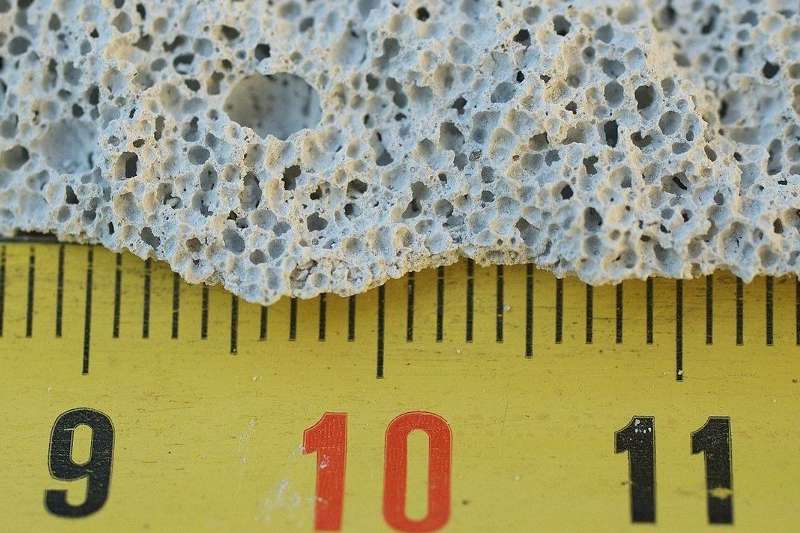Sign up to the Built Offsite Newsletter

Known as RAAC’s in the UK and AAC in Australia, the issue of precast aerated concrete panels potentially failing is causing concern.
In the UK, concerns have risen regarding the use of reinforced autoclaved aerated concrete (RAAC) in school buildings. The UK’s Department for Education (DfE) revealed that around 10% of English schools, roughly 1,500, have not responded to a recent survey aiming to identify the presence of RAAC. Of the schools that did, approximately 1% were found to have RAAC in their infrastructure.
These revelations also come in the wake of a growing concern about the potential danger of RAAC. Recently, 104 additional schools were identified as requiring remediation due to RAAC, joining the 52 that already have mitigation plans in place. Over 150 schools have either closed their buildings or relocated as a result of RAAC concerns.
RAAC gained popularity in the UK’s public sector construction from the mid-1960s to the late 1990s, predominantly used in roofs but also found in floors and walls. Its typical lifespan is approximately 30 years. Identifying RAAC is challenging, often requiring expert construction engineers, as it can resemble regular precast concrete and might be concealed above false ceilings.
The potential risks of RAAC were realised in 2018 when a primary school in Kent, UK, roof collapsed due to the materials failure.

While the UK grapples with its RAAC predicament, Australian officials are set to inspect our public buildings. In Australia this lightweight concrete is more commonly referred to as autoclaved aerated concrete (AAC).
AAC, often described as “Aero bar” material, has been extensively used in Australian construction. However, its primary application has been for walls and prefabricated elements, not for structural elements like roofs and floors, as in the UK.
The Australian Building Codes Board (ABCB) oversees its usage, with regulations and compliance monitored by individual states and territories. According to the board’s chief executive, Gary Rake, AAC has a “lower-risk profile” in Australia. Yet, the ABCB is vigilant, analysing information from the UK and prepared to adjust regulatory frameworks if needed.